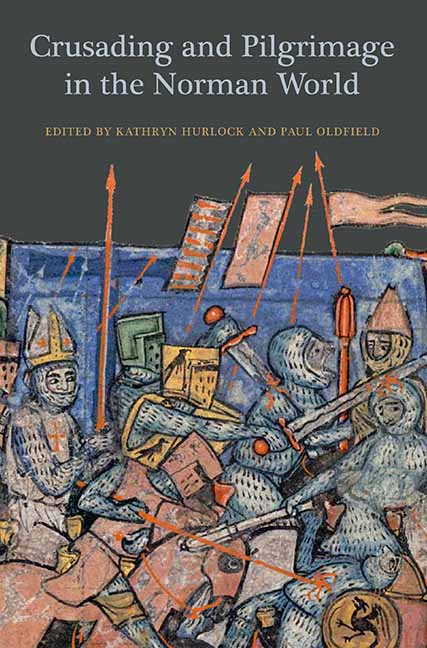6 - Norman and Anglo-Norman Intervention in the Iberian Wars of Reconquest before and after the First Crusade
Published online by Cambridge University Press: 25 May 2021
Summary
The Normans were interested in various parts of Iberia from the eleventh to the twelfth centuries. In the eleventh century, the main arena of Norman participation was the valley of the Ebro, but by the mid-twelfth century, Anglo-Norman arrivals gravitated towards the Portuguese frontier. Norman and Anglo-Norman participants came from different social groups over time. For example, during the late eleventh and early twelfth centuries, the Norman contingents were largely from the higher nobility. In the mid-twelfth century, when their interest moved from the east to the west of the peninsula, most were from the lower ranks of the nobility and other social levels. This chapter will address how the Normans’ motives and aims changed as a result of the First Crusade and the transformation in the ideas of holy war in Iberia in the twelfth century. More importantly it will show how the idea of crusade was central to Norman involvement especially after the conquest of Jerusalem in 1099. Finally, it will explore how the Norman collaboration with the Iberian rulers differed, making them a singular external group whose involvement transformed with the changing nature of the conflict.
The ideological effect of the events of the First Crusade to the Holy Land (1095–99) cannot be underestimated. The Normans in Italy, as well as in Normandy and England, were obviously attracted by the appeal of crusade from both a religious and a secular perspective. It is well known that important figures such as Robert, duke of Normandy, Bohemond of Taranto and Tancred were among the leaders of this expedition. Moreover, in the case of the last two, they were able to acquire great material rewards from their involvement. As has been demonstrated by a succession of historians, the religious as well as the material appeal of this expedition attracted the attention of any Norman prepared to leave their homeland for adventure or pilgrimage elsewhere. In this way, it diverted their interest from other theatres of war, and notably Iberia, where the Normans had been active participants before 1095.
The First Crusade also helped to transform the Iberian struggle from a secular conflict between political entities of different religious and cultural tendencies, towards a long-term Christian military struggle with a clear theological justification.
- Type
- Chapter
- Information
- Crusading and Pilgrimage in the Norman World , pp. 103 - 122Publisher: Boydell & BrewerPrint publication year: 2015

